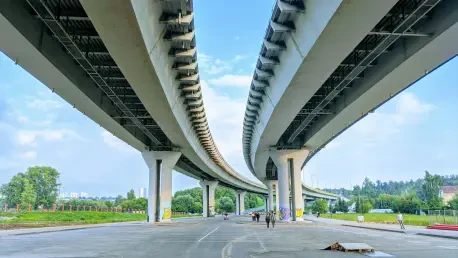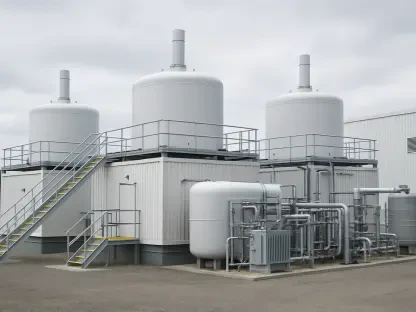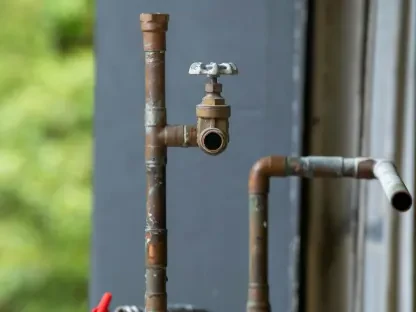Spokane has recently witnessed a significant step forward in enhancing its infrastructure following the passage of the state capital budget. The legislative efforts led by Senator Marcus Riccelli, alongside Representatives Timm Ormsby and Natasha Hill, focused on directing state funding toward crucial infrastructure projects within the city. These projects aim to enrich community facilities and improve the quality of life for residents, including the establishment of new centers and the enhancement of existing facilities. The undertaking of these initiatives raises questions about the equity of funding distribution across different community segments. With an investment of millions, Spokane finds itself in the spotlight, showcasing a blend of opportunity and responsibility in addressing the pressing needs of its diverse population. The projects are tailored toward modernizing facilities and creating new opportunities, striving to leave a lasting impact on the community.
Funding Breakdown and Community Impact
The state capital budget allocated substantial funds across various sectors, including a $3 million investment for a crisis relief and sobering center and $2.5 million for a Cultural and Recreation Community Center by the Salish School. These initiatives reflect a focus on essential services and cultural enrichment. Enhancements to Spokane River Centennial Trail, receiving $2.2 million, further underscore the dedication to environmental and recreational improvements. Additionally, $1.5 million is earmarked for senior housing and short-term lodging for cancer patients, ensuring the well-being of vulnerable groups. Efforts to renovate Alexandria’s House for young mothers, along with improvements to Fish Lake Trail, signal a commitment to supporting diverse community needs. The funding allocation also extends to smaller projects aimed at upgrading local parks, sports complexes, and community centers, reflecting a holistic approach to community development.
Senator Riccelli has highlighted the transformative potential of these investments, emphasizing their role in enhancing Spokane’s infrastructure. The overarching aim is to create a thriving community where facilities are up-to-date and accessible to everyone. Meanwhile, Representative Ormsby has pointed out the potential for these projects to generate well-paying construction jobs, promising economic benefits alongside infrastructural improvements. The focus remains on achieving a balance between immediate enhancements and long-term community prosperity. By identifying key areas for improvement and investing accordingly, Spokane aims to foster an environment that benefits both residents and business interests, ensuring equitable growth and development.
Concerns and Calls for Equity
Despite the significant funding efforts, concerns remain about the equitable distribution of resources among all community groups. Representative Hill has raised critical questions over the extent to which communities of color are considered in funding decisions. While the infrastructure projects are poised to benefit Spokane broadly, the challenge lies in nurturing a genuinely inclusive approach to resource allocation. Hill advocates for future investments to focus more intently on equality, ensuring every segment of the community receives appropriate attention and support. Achieving equity requires a detailed evaluation of current funding practices, identifying gaps and opportunities for more inclusive strategies.
The sentiment from these concerns suggests a need for continued dialogue and reassessment of funding priorities. The key to success in these efforts relies on acknowledging diverse perspectives and understanding specific community needs. Bridging disparities in infrastructure funding means more than capital allocations; it signifies a commitment to fostering social equity and strengthening community bonds. This ongoing endeavor underscores the importance of stakeholder engagement, inviting a range of voices to contribute to the effective planning and execution of projects. By championing fairness, Spokane can strive to correct imbalances and promote a future that values inclusivity as much as progress.
Emerging Opportunities and Future Considerations
The state capital budget has allocated significant funds across various sectors, notably dedicating $3 million to a crisis relief and sobering center and $2.5 million for a Cultural and Recreation Community Center by the Salish School. These investments highlight a dedication to essential services and cultural enrichment. The $2.2 million enhancement of the Spokane River Centennial Trail underscores a commitment to environmental and recreational initiatives. Additionally, $1.5 million is dedicated to senior housing and accommodations for cancer patients, prioritizing the welfare of vulnerable groups. Renovations for Alexandria’s House for young mothers and improvements along Fish Lake Trail illustrate a comprehensive strategy to address diverse community needs. The funding also supports smaller projects upgrading local parks, sports complexes, and community centers, showcasing a holistic approach to community development.
Senator Riccelli emphasizes these investments’ transformative potential in Spokane’s infrastructure, aiming for modernized, accessible facilities. Representative Ormsby highlights job creation benefits from these projects, promising economic advantages. By focusing on immediate infrastructure enhancements and future prosperity, Spokane seeks to establish a balanced, thriving community for residents and businesses, ensuring equitable growth.









